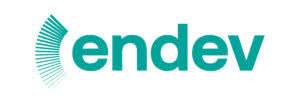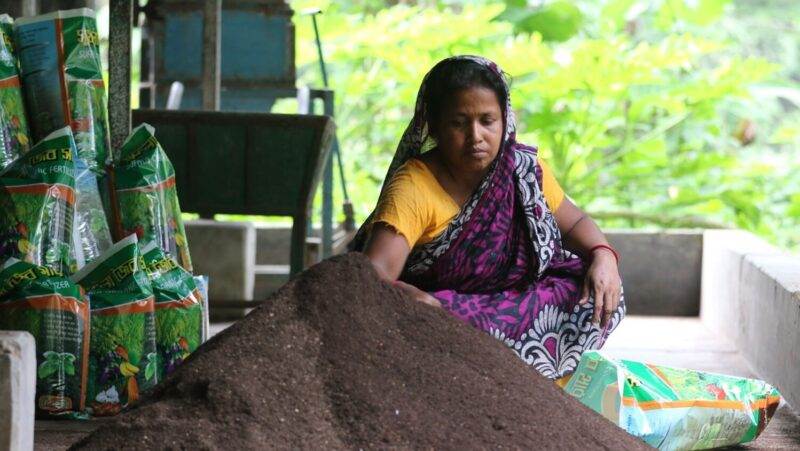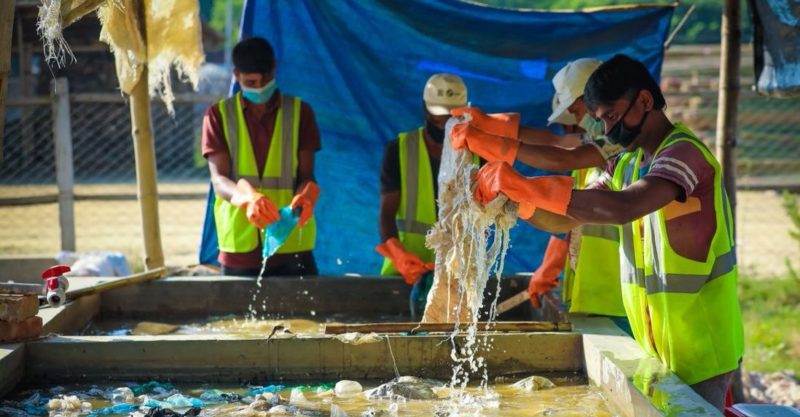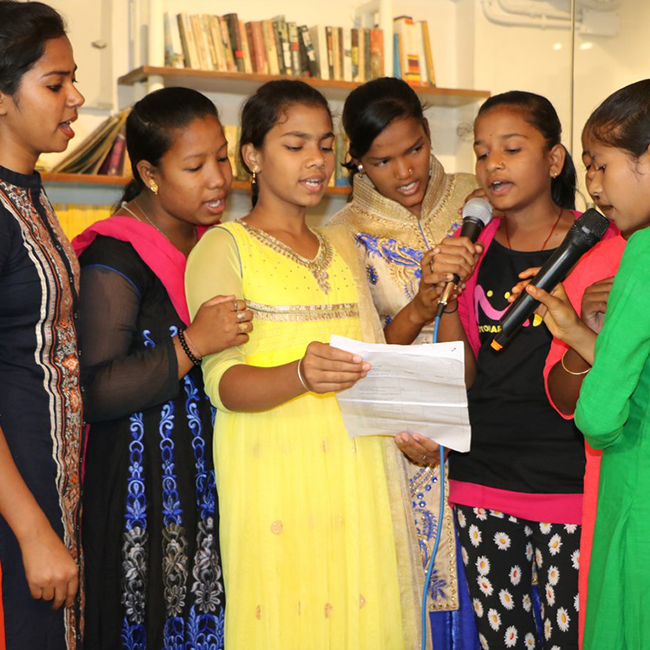Traditional cooking methods in Nepal rely on burning solid fuels, such as firewood, crop residues and animal dung. These produce harmful emissions and indoor air pollution which damage people’s health and the environment. With funding from the Netherlands Enterprise Agency (RVO), we’re using digital technologies and cross-sector collaboration to ignite a dynamic electric cookstove market.
Project overview
Full title: Digital Innovation for Electric Cooking (eCooking) Market Development in Nepal
Dates: November 2021 – March 2023
Location: Gandaki Province, Western Nepal
Our role: Leading the application of digital technologies to accelerate the eCooking market; capturing and sharing our insights and key learnings.
Participants: 1,000 potential electric cooktop users, 10 last-mile distributors, 10 suppliers of eCooking products and 5 Community Rural Electrification Entities (CREEs).
Budget: 2.5 million Euros
Aim: Energy that Transforms
Implementing partners: National Association of Community Electricity Users Nepal (NACEUN); Ajummery Bikash Foundation (ABF)
Lead Donor: Energising Development (EnDev)
“Establishing reliable traders in rural areas is beneficial as they can generate greater demand in those regions compared to our company’s marketing personnel. This is made possible through the B2B platform developed by this project.”
– Manoj Khadka, Marketing Manager at induction hob supply chain business, Chaudhary Group (Kathmandu).
Context
Around 95% of Nepalese households have access to electricity, but despite this, more than 65% still rely on stoves that use wood and other solid materials for cooking (Government of Nepal, 2022). This cooking method has serious consequences: inhaling the pollutants emitted on a daily basis greatly increases the risk of developing respiratory diseases, heart disease and cancers. An average of 24,000 Nepalese people die prematurely from indoor air pollution. These fatalities are mostly women and children.
Transitioning to cleaner methods is urgent. But there many challenges, such as a lack of awareness about and availability of viable alternative cooking methods, in particular electric cooking solutions. But, as usage of digital technology grows, with almost 90% of the population now accessing mobile phone networks, there is great potential to using digital communication channels to raise awareness.
Practical Action has made encouraging progress in strengthening the eCooking sector over the two years prior to this project’s inception. Notably, 10,000 households switched from burning solid materials in the kitchen to utilising electric cookstoves. We are now building on this success by boosting markets through a collaborative approach.
Our approach
To reduce harmful, indoor air pollution, we are building on our previous experience within Nepal’s energy sector and harnessing the power of digital platforms to stimulate growth in the electric cooking market. This project also contributes to Nepal’s commitment to environmental sustainability by curbing carbon emissions.
Working closely with the National Association of Community Electricity Users Nepal (NACEUN) and local partner, the Ajummery Bikash Foundation (ABF), this project is bringing together businesses and communities, in particular women, and cultivating the relationships, skills and platforms necessary to embed eCooking practises within local communities. We aim to improve household access to sustainable, cleaner cooking equipment by establishing and improving distribution models and facilitating solid collaborations between key parties (namely: community rural electrification entities (CREES), last-mile distributors who promote products in remote areas, and repair and maintenance services). In addition, we are providing skills training opportunities and assisting with business planning to maximise the income benefits of the eCooking sector.
Secondly, by harnessing the power of digital platforms, the project is establishing connections between local, central, and regional supply chain actors. Consumers can also access valuable information on product availability, usage, and other details through digital channels, as well as make digital transactions. So far, we’ve successfully demonstrated that digital platforms can have a significant impact upon the eCooking market, particularly in rural areas.
Practical Action is also playing a vital role in advising and informing national and regional decision-makers with their energy planning initiatives.
“Since we got this electric cookstove, both my husband and my son have also started cooking. It’s easy to use, as it mostly involves pressing buttons.”
–Laxmimaya Gurung, electric cookstove owner in Kahule, Syangja
Our goals
Our goal is to reduce indoor air pollution within households by igniting the eCooking market and making stoves accessible to communities. We achieve this by bridging the gap between rural communities and efficient cooking solutions, empowering individuals to make informed decisions as consumers and supporting local eCooking businesses and distributors.
The project is contributing towards the Nepalese government’s national goal for electric stove usage: to increase usage from less than 1% to 25% by 2030. Additional intended outcomes are:
- Consumers, supplier and electricity service providers in remote areas will be better informed and benefit from the digitalisation of the business processes, as well as having data at their fingertips from these innovations.
- Web- and mobile-based digital applications will be developed for the use of key players in the eCooking market and for consumers / cookstoves user.
- The electric cookstove users and supply chain actors will have an increase capacity to effectively use these digital applications for making informed decisions.
- Improved networks and links between potential customers and stove providers will strengthen the eCooking market.
-
Our achievements
The project has successfully utilised digital platforms to improve the availability of eCooking products, and increased demand for them by raising awareness and connecting suppliers with customers. It has also enabled households to overcome uncertainties about cooking on electric, induction appliances.
- Using digital tools, the pilot project has reached out to about 12,000 people in rural areas, raising awareness of the benefits of eCooking.
- Over 700 electric cookstoves have been sold through a B2B platform over an 18-month period.
- 80% of the users were satisfied with their new cookstoves.
- 5% of the new members of the family started cooking with 13% HHs with males as primary cook persons The adoption of electric cookstoves has led to new members of the family taking up cooking in 21.5% of cases, and in 13% of those households, male members of the family have taken on the role of primary food preparer or ‘chef’.
Among the digital tools developed are:
- Bijuli Chulo, a mobile app which allows consumers to learn about product availability and how to use the stovetops safely.
- A call centre using Interactive Voice Response technology, for instant responses to queries and issues related to eCooking.
- A B2B platform (Damipasal) which connects wholesalers, suppliers, dealers, and retailers at the local level, as well as aftersales service points for cooktops.
- A platform for electricity service providers (MIS System) which helps CREEs to record data digitally and conduct self-assessments to monitor their progress.
Sustainable Development Goals
This project contributes to progress towards at least three of the seventeen SDGs.
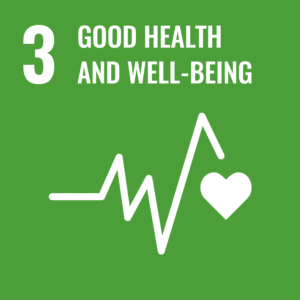
Reducing exposure to harmful emissions due to traditional cooking practices promotes wellbeing and better health.

Women are involved in decision-making and have more free time thanks to more efficient cooking processes.
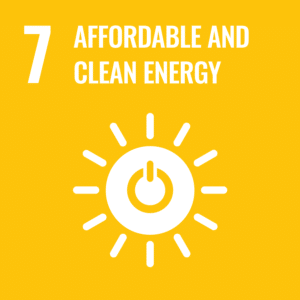
Accelerating access to energy-efficient cooking services in remote areas by facilitating market development.
Work like this depends on your support
Help us work with communities to tackle some of the world’s toughest problems
Project funded by:
